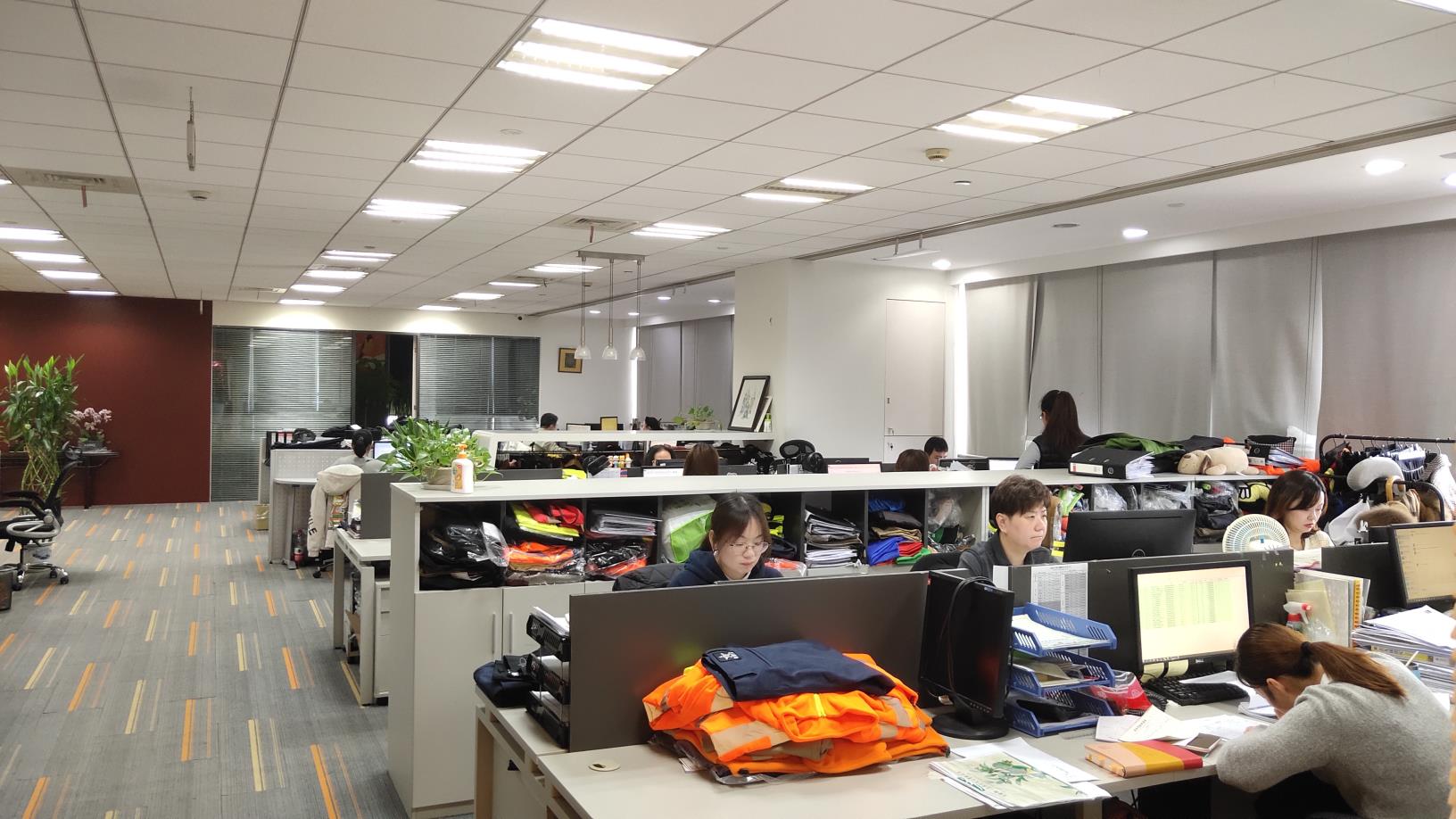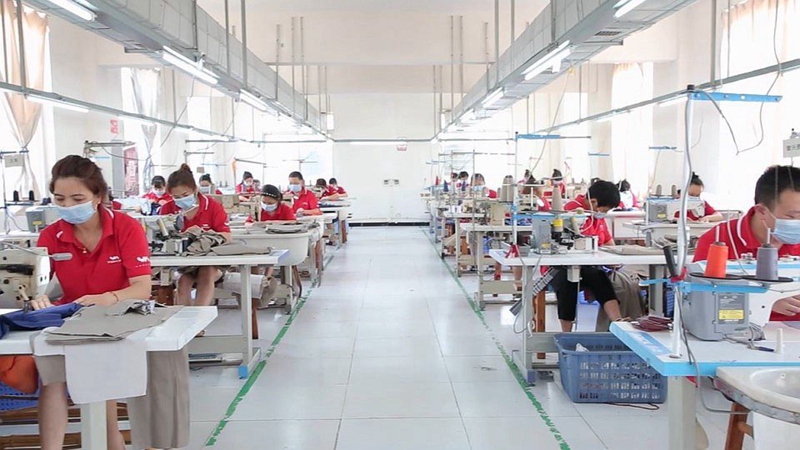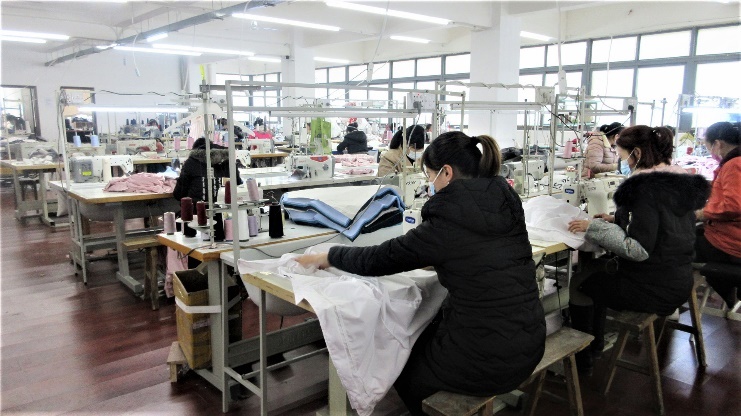
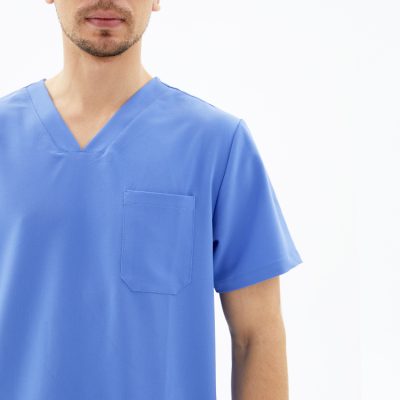

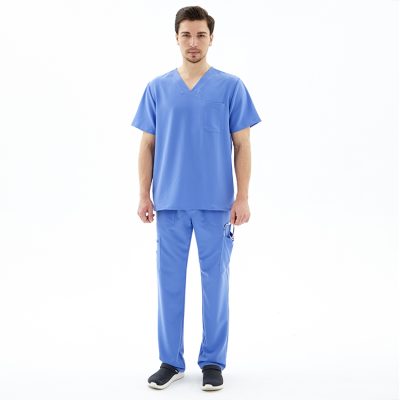

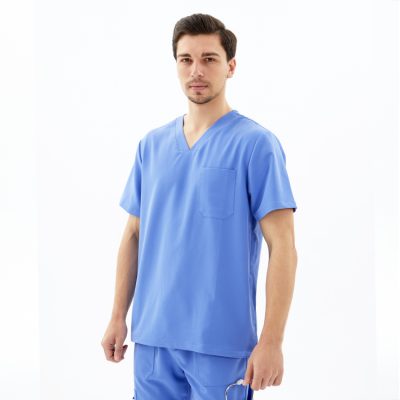
| Products Name: | Nursing Uniform |
| Type: | OEM |
| Fabric Details: | 65%polyester+35% fine cotton, 45/2*22.5, 104*61, 175g-180g, plain, |
| Size | XS,S, M, L, XL, 2XL,3XL,4XL |
| MOQ | 100 |
| Certificates: | CE and RoHS and also REACH & CPSIA test. |
| Style: | Short sleeve or long sleeve,depends on your idea |
| Logo: | Customize |
| Packing: | One polybag one piece |
| Sample: | Customized samples are also available |
| Delivery time: | 20-35 days after deposit,depends on your qty. |
| Payment: | T/T, Western union, Paypal, Trade Assurance |
| Shipping: | By Express, By Air or By sea depend on your qty and request |
Nurse clothing refers to the clothing worn by nurses. The main function is to maintain hygiene and allow patients to identify nurses. The traditional nurse uniform consists of a top, an apron, and a nurse cap. There are many different styles of nurse uniforms, but they are basically still very easy to identify. The new version of nurse uniforms is no longer limited to the traditional single color, and there are all kinds of colors, patterns and stripes. The real nurse clothing should start in the Nightingale era, that is to say, the nurse clothing came out in the 1860s. When Nightingale first created the nurse’s clothing, it was based on the principle of “cleanliness, neatness and ease of cleaning”. Although the styles are different, they are also similar. Nursing schools around the world have since followed suit. For example, the clothes of many nursing schools in the United States have their own characteristics and styles, and they are required to be registered with the government. They are not allowed to imitate each other. Europe’s restrictions on nurse uniforms are much looser.
Nurse uniforms have always been the beautiful costumes of angels in white. Under the cultural background of different eras, the changes of nurses’ costumes reflect the development of nursing career, interpret the civilization and progress of nursing culture, and the nursing clothing has also changed. Change means innovation, and innovation means development. Nursing gowns with long skirts are gradually being replaced by neat short tops, making nursing work more efficient and comfortable. At the same time, split-type nurse uniforms are also popular internationally. Split-type nurse uniforms facilitate the flexibility of nurses’ work to a greater extent. Domestically, split-type nurse uniforms are gradually emerging. The antibacterial and antiviral function of the nurse’s clothing can prevent the reproduction of bacteria and reduce the risk of re-transmission. With the development of technology, functional applications will become more and more popular, such as Zhongke Keyou antibacterial and antiviral nurses’ white coat and other medical textiles, which support its long-term durability and high temperature resistance.
